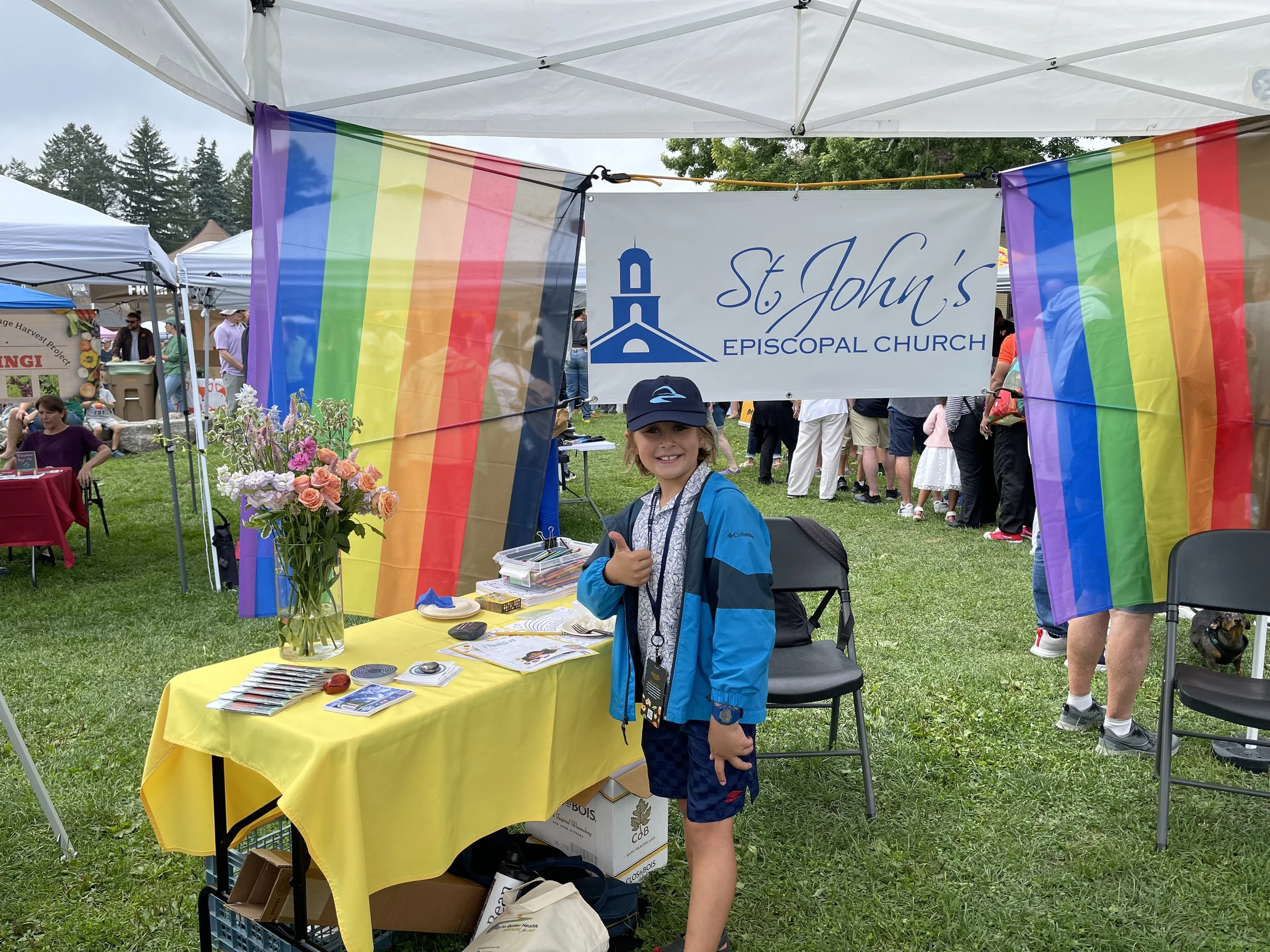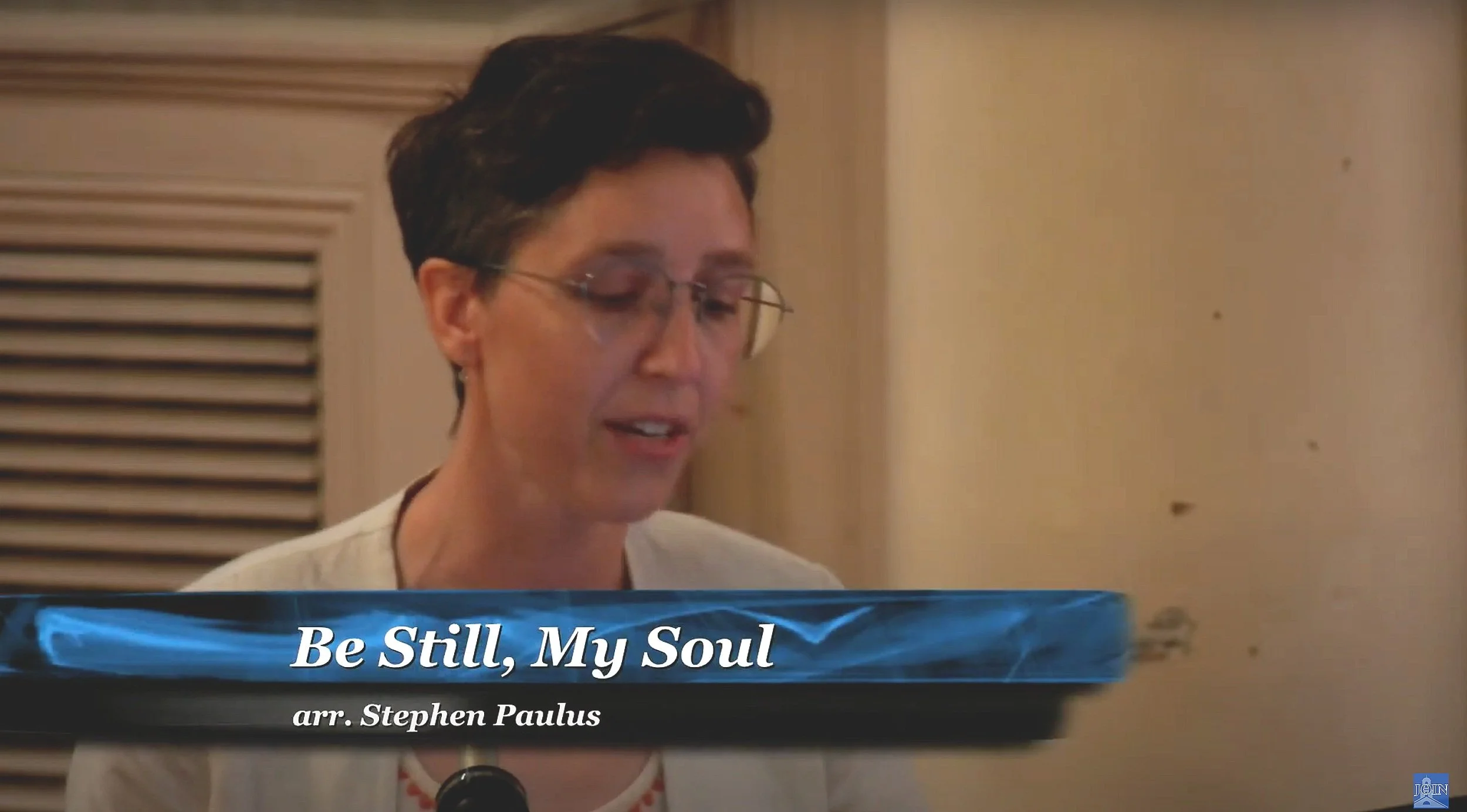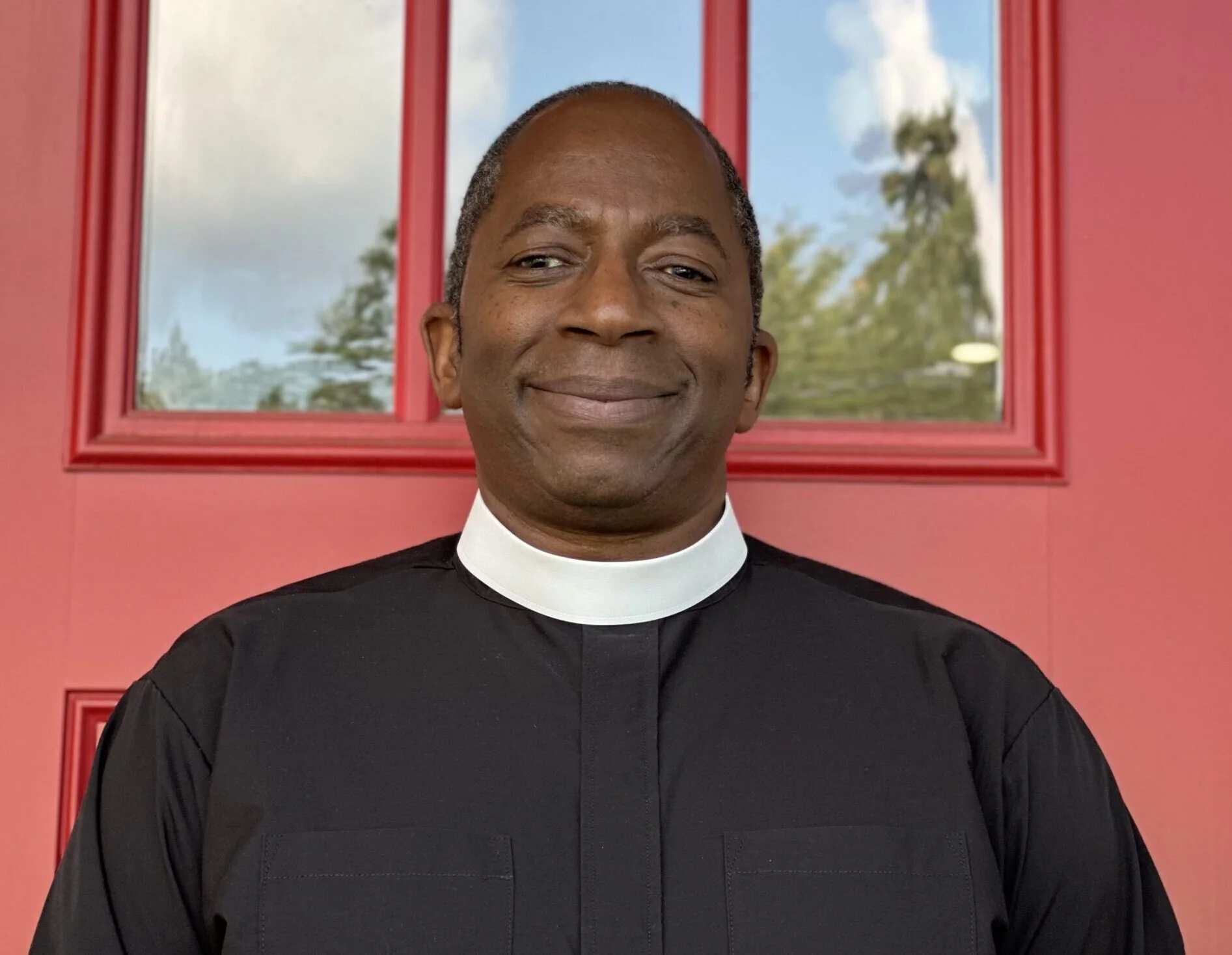Thursday, June 27, 2024
Holy Envy
The Rev. Aaron Jenkyn
The full text of the homily preached at Thursdays Healing Eucharist, celebrating Isabel Florence Hapgood, Ecumenist, 1928
In the Gospel of John, Jesus says, “I am the vine; you are the branches. If you remain in me and I in you, you will bear much fruit; apart from me you can do nothing.” As summer envelops the Northern Hemisphere, bringing with it lush green vines and budding fruit, this imagery of the vine and the branches feels particularly resonant to me right now. It speaks to a time of growth, connection, and the hope for a fruitful harvest.
It is imagery that is meant to help us put words to our spiritual life, to our spiritual experience. In this metaphor Jesus is the vine, and we are the branches. Our growth, strength, and ability to bear fruit come from our relationship with Jesus. Without this relationship, without this connection, we wither and fail to produce the good works that glorify God.
As the days have lengthened I have enjoyed taking a nightly walk with Marcus around our neighborhood. Together we admire the urban gardens, a sort of landscaping that is very new to us and so full of beauty. And when we drive north to visit family, passing through miles of hayfields and wildflowers I find myself overwhelmed with the goodness and grandeur of Gods Vine. What can happen when we are rooted, when we are connected to God, to the source of all Goodness, is indeed beautiful and beyond my comprehension.
The gift of time and travel, of living in one place and many, is that one gets to see and experience the diversity of growth, the ways different plants, different trees, different vines take root and grow. You also get to experience and taste the different fruits, the smell of different flowers, the goodness of different gifts, and the variety of ways that each of us experience God. It is a gift to experience the beauty of this diversity. A gift to see the abundance of fruit grown in Gods garden.
This week, in the Episcopal Church we celebrate the life and wisdom of Isabel Florence Hapgood. Hapgood was a 20th century ecumenist and translator whose work in the Episcopal Church fostered greater understanding and appreciation of Eastern Orthodox liturgies. Her work exemplifies the Episcopal Church's commitment to promoting unity and mutual respect among diverse Christian traditions.
I am particularly drawn to the Collect, the prayer we read at the start of the service, written in commemoration of Hapgood.
“Teach your divided church, O God, so to follow the example of your servant Isabel Florence Hapgood that we might look upon one another with a holy envy, to honor whatever is good and right in our separate traditions, and to continually seek the unity that you desire for all your people”
Perhaps it is because I don’t yet have a garden of my own here in Portsmouth, that I have found myself envying other peoples garden on these nightly walks. The house with the wildflowers, the tree on the corner, the wild strawberry patch on the banks of the river, the irises that grow in the rock garden— they are deeply rooted, and the fruit of their vines prolific and good. I envy the beauty of it all, but also the hands that tend it, and those who get to call a little piece of this corner of the earth home.
I know something about envy. I imagine you do too. But the sort of envy that I am thinking of isn’t holy. And so I was surprised by this term “holy envy” that we encounter in this prayer.
Episcopal Priest and contemporary theologian Barbara Brown Taylor writes at length about this concept of holy envy. Holy envy, she writes, is the admiration and respect for elements of other faith traditions that enrich and challenge our own beliefs. It is a respectful acknowledgment that other religions have truths and beauty that can inspire and deepen our faith. This perspective invites us to appreciate the diversity of spiritual expressions and learn from them, just as branches on a vine draw from the same source yet produce different fruits.
Consider Isabel Florence Hapgood, whose dedication to ecumenism beautifully exemplifies this idea. She worked tirelessly to promote unity among Christians, recognizing that each tradition has unique gifts to offer. Her translations of Eastern Orthodox liturgies opened a window for Western Christians to experience the richness of another tradition. In doing so, she lived out the spirit of holy envy—appreciating and incorporating the beauty she found in other branches of the Christian family.
Barbara Brown Taylor suggests that each of us has experienced moments where we encounter practices or beliefs from other traditions that stir something within us. Perhaps it was the serene meditation of a Buddhist temple, the rhythmic chanting of prayers in a Jewish synagogue, or the passionate worship in a Pentecostal church. These experiences can evoke a sense of holy envy, not because we wish to abandon our faith, but because they inspire us to deepen our own spiritual practices.
These moments of holy envy remind us of the interconnectedness described in the Gospel we read today. Just as the branches are nourished by the vine, our faith can be enriched through our connections with others. Holy envy opens us to the possibility of learning from different traditions, incorporating elements that resonate with us, and growing in our own faith.
Isabel Florence Hapgood’s work in ecumenism reflects this same spirit. Her efforts to share the liturgies and spiritual practices of the Eastern Orthodox Church were driven by deep respect and admiration. She understood that fostering unity among Christians requires mutual respect and a willingness to learn from one another. By embracing this spirit of holy envy, she enriched the broader Christian community.
Holy envy is not about comparison or competition but about recognizing and celebrating the diverse ways people experience and express their relationship with the divine. It is about finding common ground in our shared humanity and collective yearning for God. It challenges us to look beyond our own experiences and see the divine at work in the lives of others.
As I walked through the neighborhood this week I thought about this a lot. To turn my garden envy holy I need to look beyond my own longing, beyond my own ideas and certitudes, I meed to look more closely at the vine to see how heavy its branches are, full of fruit and ripening before my very eyes. Its root, its source, stretching out, reaching beyond and to the next, holding together this abundant garden, this vast universe.
I don’t want to miss a minute of this beauty, I don’t want to give up the tastes of summer or the excitement of seeing something new and different, and so I open my eyes and my heart to celebrate and honor the beauty in the gardens and the farms, in the meadows and the woods that I have coveted. I watch with delight to see how others tend their garden, and I stop to ask them “what plant is this, how does it grow, what is its story, what is yours?” Tucking away the answers in my prayers, feeling ever more connected to the One True Vine.
“May we look upon one another with a holy envy, to honor whatever is good and right in our separate traditions, and to continually seek the unity that you desire for all your people” Amen.


















